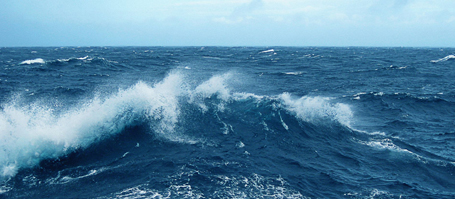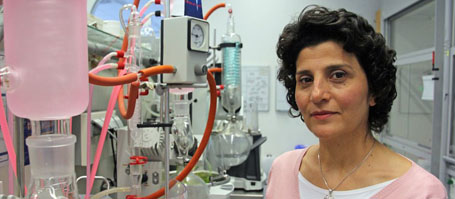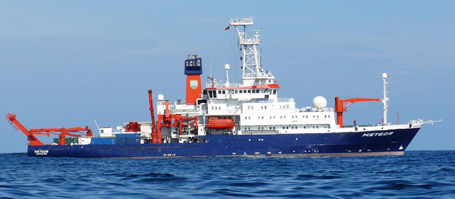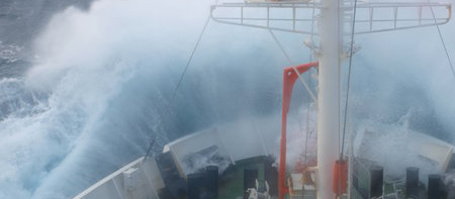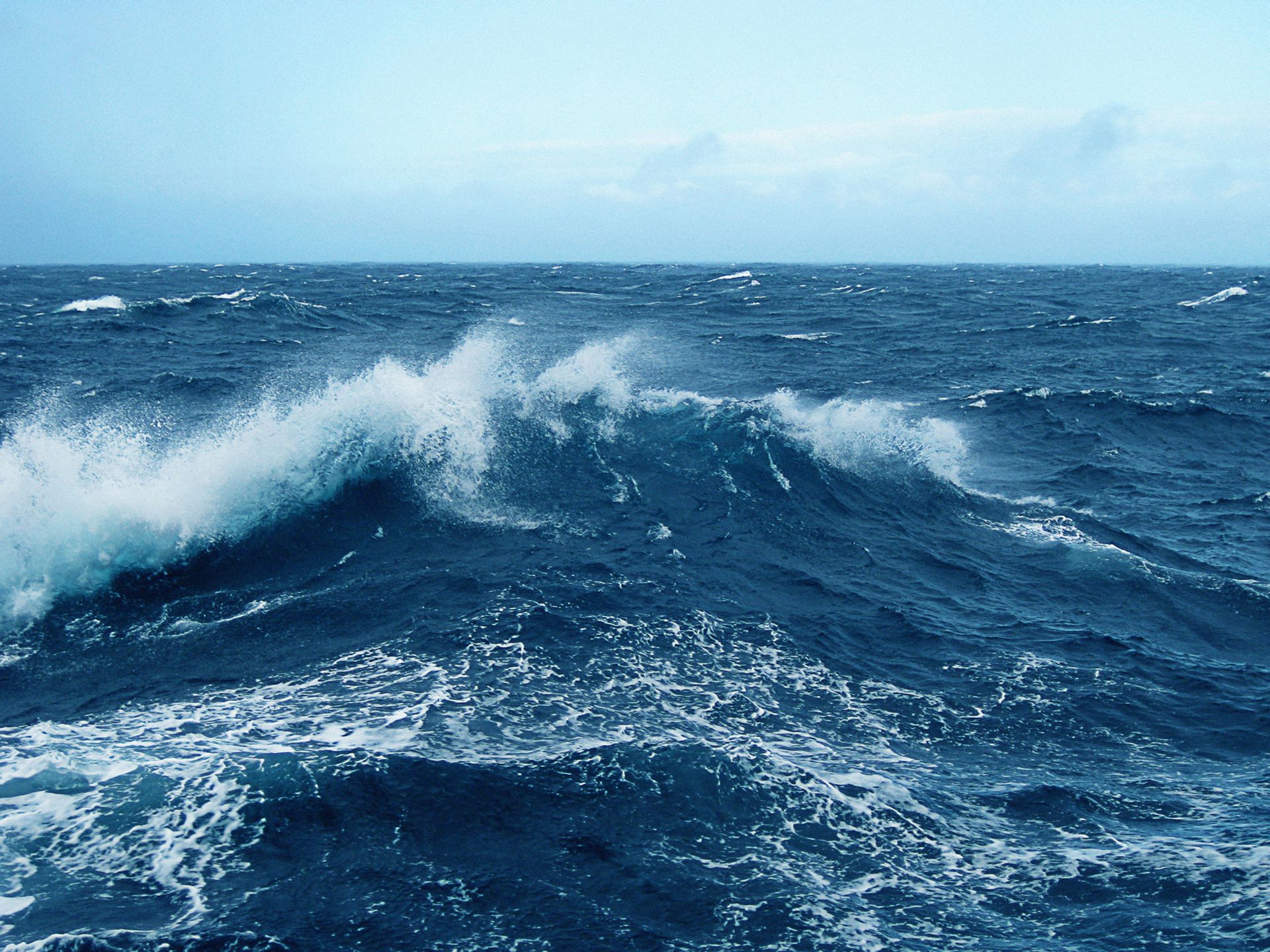The oceans supply us with nutrition and resources. They are important transport routes and their coasts are home to several billion people. With the increasing world population not using the oceans is not an option. That is why, key players in science, politics, economics and society are facing the great challenge of reconciling the protection and exploitation of the ocean according to the demands for marine resources in the framework of a sustainable plan for development. The symposium in Kiel brings different actors together and is dedicated to this aim. It is a matter of developing options for sustainable development of the human uses of the ocean, which take into account science-oriented, economic, legal, ethic and social issues.
“In Kiel we want to contribute to the agenda for sustainable use of the ocean in the framework of the development objectives which have been globally agreed upon” says Professor Dr. Martin Visbeck, Chair of the Cluster of Excellence “The Future Ocean”, scientist at the GEOMAR Helmholtz Centre For Ocean Research Kiel and spokesperson for the “German Committee Future Earth” (DKN Future Earth). “In Kiel we are perfectly prepared for this through the broad, multidisciplinary research in the Cluster of Excellence ‘The Future Ocean’ “. For almost eight years we have funded research projects which go far beyond the purely science-oriented questions and approaches.”
Up until the beginning of the 1970s a relatively careless use of the ocean and its coasts predominated. Marine resources, in particular, fish seemed inexhaustible and the world’s oceans seemed robust against human influences, such as pollution through nutrients, waste or toxic substances and human use. This misconception and the impacts of climate change have led to a serious threat to the largest eco system of the earth and its biodiversity: In the years to come the world population will continue to increase. Humanity will use the oceans and coasts more intensively and the problem will grow. But what concepts are necessary to manage the oceans and the coasts in a sustainable way? Which indicators provide reliable information about the intensity of use? And which rules and boarders for the protection and use of the oceans, what kind of ocean governance for coastal zones and the high seas is politically, economically and socially feasible?
One of the thematic blocks of the symposium deals with the development of the coasts. The coast lines have changed enormously up to now. It is here that economic growth and settlement in particular occur. This leads to conflicts of interest between users and operators of wind farms, the oil and gas industry, the tourism industry and the fishing industry.
As a result, the protection of coasts and offshore areas has been neglected. That is why integrated coastal zones management that balances protection and use, is at the center of the thematic field “Preparing for Coastal Change”.
The discussions also emphasize the habitat of the ocean as a whole. Concepts concerning maritime spatial planning for the high seas, which takes into account in particular the legal framework in addition to scientific results, lie at the core of the discussions. Whereas in Europe maritime spatial planning has already been successfully applied, for the high seas and areas beyond national jurisdiction (ABNJs) similar concepts are still missing. Researchers predict that the pressure to use the open sea will increase even in the next 20 to 30 years. This concerns, for example, the fisheries industry and the extraction of resources. Kiel’s symposium is therefore striving to initiate an international process of discussion to establish a global ocean management. This would include the creation of marine reserves on the high seas and the management of resources, such as fish stocks. Up until now the International Seabed Authority, based in Jamaica, only regulates the use of the seabed which does not belong to a particular state and the access of states to mineral resources. The fish stocks, however, are not under the jurisdiction of this authority, but belong to what is vaguely described as “the common heritage of humankind”. Thereby, they are not subject to any binding rules except those of their home countries, which are not always monitored or enforced.
Symposium participants, like the US Marine and Social Scientist Mike Orbach, Professor of Marine Affairs and Policy at Duke University in North Carolina, are pleading for the declaration of an international world ocean public trust law in areas beyond national jurisdiction. "Such a declaration would have a great ecologically and economically positive dimension for all resources in these areas. If the ocean resources far from the coasts can be legally protected, then the population near the coasts will also benefit," said Mike Orbach at the conference.
Further topics to be discussed during the conference in Kiel include concepts for successful capacity building in newly industrializing countries, as well as the role of games and comics in science and science knowledge transfer. Renowned international experts in these areas are expected in Kiel.
Links
www.oceansustainability.org (Ocean Sustainability Science Symposium)
www.futureocean.org (Exzellenzcluster „Ozean der Zukunft“)
www.geomar.de (GEOMAR Helmholtz-Zentrum für Ozeanforschung Kiel)
Contact
Friederike Balzereit, Public Relations, Cluster of Excellence “The Future Ocean“, Telephone 0431 880-3032, Mobile 0160-97262502
fbalzereit@uv.uni-kiel.de
Prof. Dr. Martin Visbeck, Chair of the Cluster of Excellence “The Future Ocean“, GEOMAR Helmholtz Centre For Ocean Research Kiel,
sprecher@futureocean.org
…
